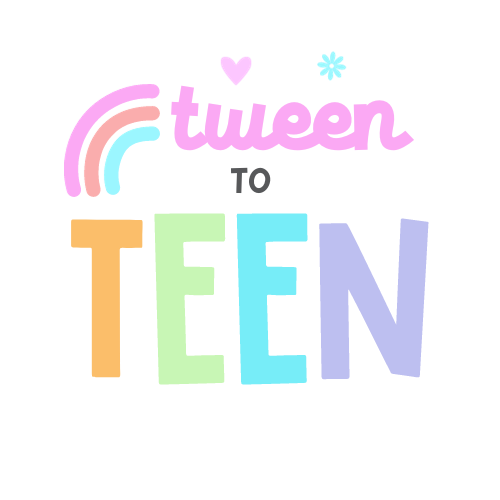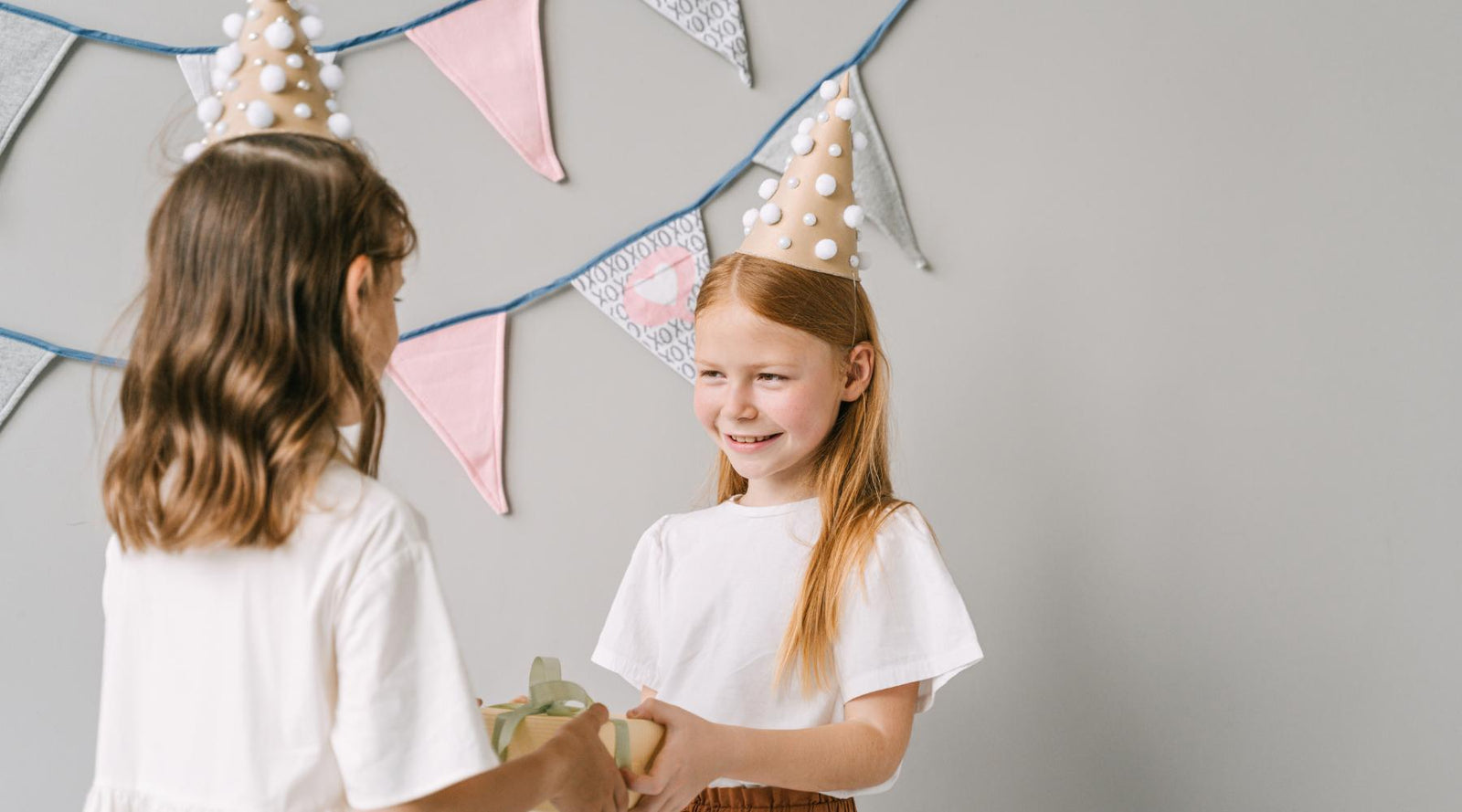The moment your teenager begins their first relationship can be a terrifying one. How do you know their relationship is healthy? Unfortunately, unhealthy teenage relationships can mark the start of abusive patterns, shaping a distorted concept of what love and partnership should be. To avoid this, there are a few key signs of an unhealthy teenage relationship to look out for, as well as some tools you can use as a parent to ensure your teenager knows the difference between healthy and unhealthy behaviour.
First, we need to look at why and how unhealthy teen relationships come about.
Why Unhealthy Teenage Relationships Happen
Insecurity
It’s no secret that teenagers can be extremely insecure. Overwhelming self-doubt can make teens question whether they are attractive, smart, funny, and likeable enough and whether or not they deserve love. This can lead to them craving the attention and love of somebody who gives them affection, even if it comes with abuse.
Lack of Perspective
We all remember the intensity of our first love, whether it turned out to be good, bad, or to be just infatuation. You may look back now and roll your eyes at your former self, but when you were in the moment, it was all-consuming. Your teen could be in that moment right now. They have nothing to compare to these strong feelings, which makes it difficult for them to take a step back and see the situation for what it is.
This lack of perspective is usually not a problem. It’s just a part of growing up. The trouble only comes if somebody uses this lack of perspective to manipulate your teen. An unhealthy relationship can result in your teen doing and saying things, and sometimes not saying things, for another person. This is because they truly believe they wouldn’t be able to cope with the heartbreak of losing them.
Unrealistic Expectations
It’s no wonder that teens have unrealistic expectations about romance. Time and time again in popular culture, the ultimate picture of romance is portrayed as an innocent young girl, shown the ropes by the misunderstood ‘bad boy’ with a heart of gold. This is all well and good to sell stories, but in real life the bad boys don’t always have a heart of gold.
The narrative that girls and women can change the unacceptable behaviour of boys and men just by loving them sets them up with unrealistic expectations. Going into a relationship expecting to experience unacceptable behaviour is a surefire way to end up with an unhealthy teenage relationship.
Not Knowing What’s Acceptable
If you combine insecurity, lack of perspective, and unrealistic expectations, teens end up not knowing what is and isn’t acceptable behaviour from a teenage relationship. Having no prior experience or healthy examples in the media to guide them, combined with their own self-doubt, can result in a teen entering an unhealthy relationship without realising it.
It’s our job as parents to inform our teenagers about what is acceptable. We need to raise their self-worth so that our kids recognise acceptable behaviour and also expect it.
How To Encourage Healthy Relationships For Your Teen
Model Healthy Relationships
Whether you’re married, in a long term relationship, dating, or single, the romantic relationships you have will be what your children look to as an example. Without even trying, you send the message to your teenager that whatever you tolerate from your partners is acceptable. While no relationship is perfect, try to model healthy behaviour to your teenagers and children as they grow up. Even if your relationship ends, try to handle it with compassion and show your kids that, though heartbreak is hard, it isn’t the end of the world.
Keep an Open Dialogue
The best way to encourage healthy relationships is to talk about it. Open up the conversation about what is and isn’t acceptable behaviour in a relationship. This can be a serious sit-down talk, or just comments when watching a movie that portrays unrealistic and unhealthy romantic ideals.
By opening up the conversation, you will recognise any flawed or insecure thinking in your teen that could lead to an unhealthy relationship. You can then address the thought then and there, working to build your teen’s self-esteem and their concepts surrounding love and relationships.
How To Spot Unhealthy Teenage Relationships
Verbal and Physical Abuse
The surest sign of an unhealthy teenage relationship is evidence of physical or verbal abuse. All unhealthy relationships have some form of verbal abuse, whether it be putting their partner down, calling them names, mocking them, gaslighting them, threatening them, or threatening to harm themselves if their partner ever leaves them. Ensure that your teenager knows what verbal abuse is and that it doesn’t have to be physical to be abuse.
Rapid Commitment
Sudden, over-commitment such as telling someone you love them, will never leave them, and couldn’t live without them, is a definite warning sign. This intensity indicates that the person may be unstable in their emotions, overly attached, and have unrealistic expectations of the relationship themselves. Keep an eye out for relationships that move too quickly.
Extreme Highs and Lows
Every relationship has its highs and lows, but for the most part, they should be a positive experience. If your teenager’s relationship is constantly in a state of extreme highs or lows, that likely indicates there is something wrong.
Withdrawing
If your teenager is withdrawing from hanging out with friends, engaging in hobbies, and even interacting with family, that is a big warning sign. Abusers often insist that their partners need to spend less time on themselves and more time with them, effectively isolating their partners from their friends and family.
If you have noticed any of these warning signs in your teenager’s relationship, consider them signs that it is unhealthy and create an open dialogue with your teen.
Unhealthy teenage relationships are a scary thing for parents to deal with, but that doesn’t mean you should ban dating altogether. Teenage relationships are an opportunity for your teen to grow, gain perspective, and experience their first love, all under your loving guidance.
While not all of their experiences may be positive, approach unhealthy relationships as learning experiences that will shape their concept of dating in the future. By teaching your teen to value their self-worth and be aware of warning signs, you can establish a healthy attitude towards relationships.






Leave a comment (all fields required)